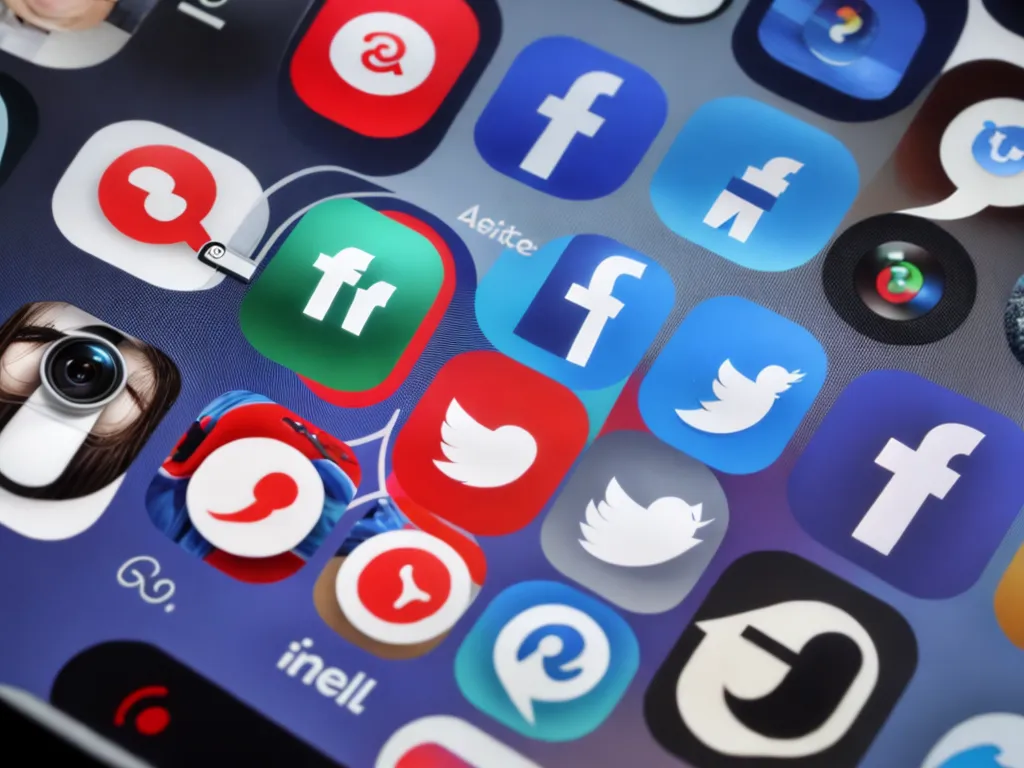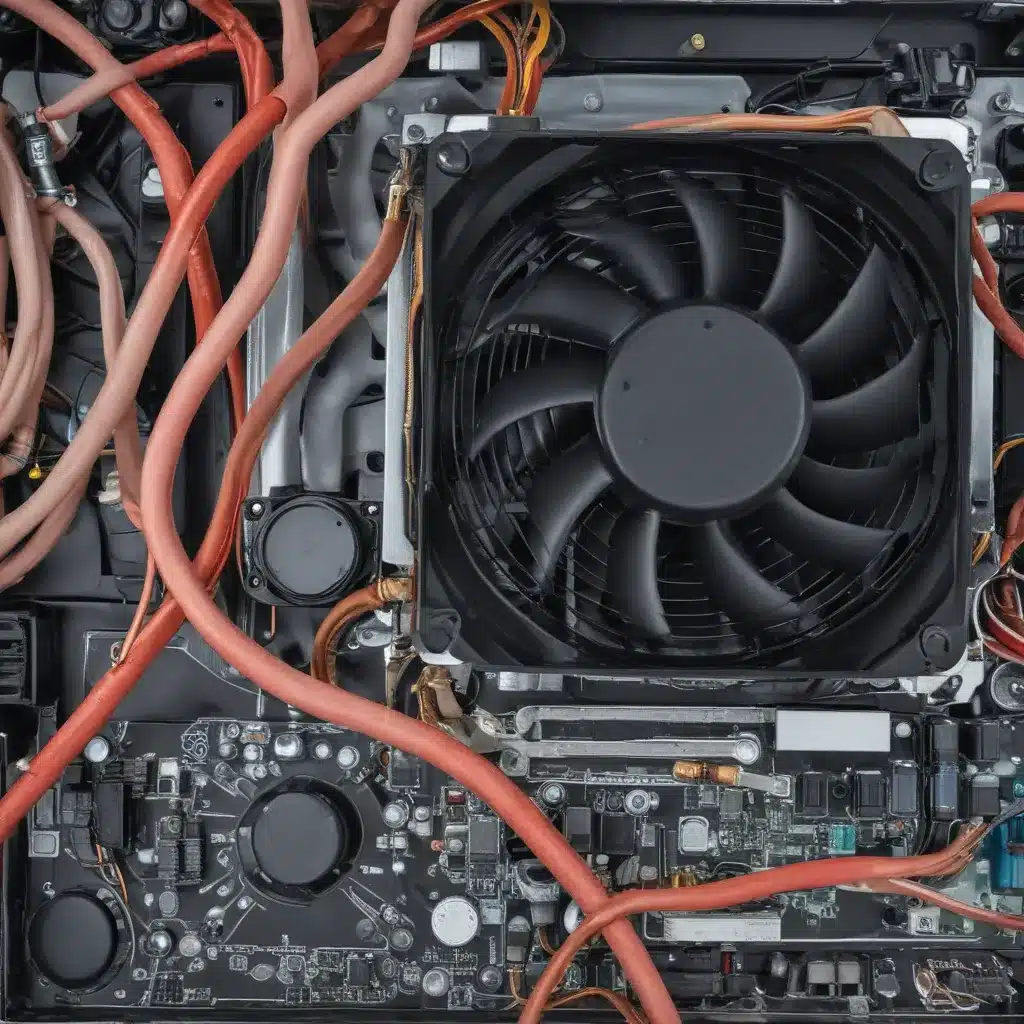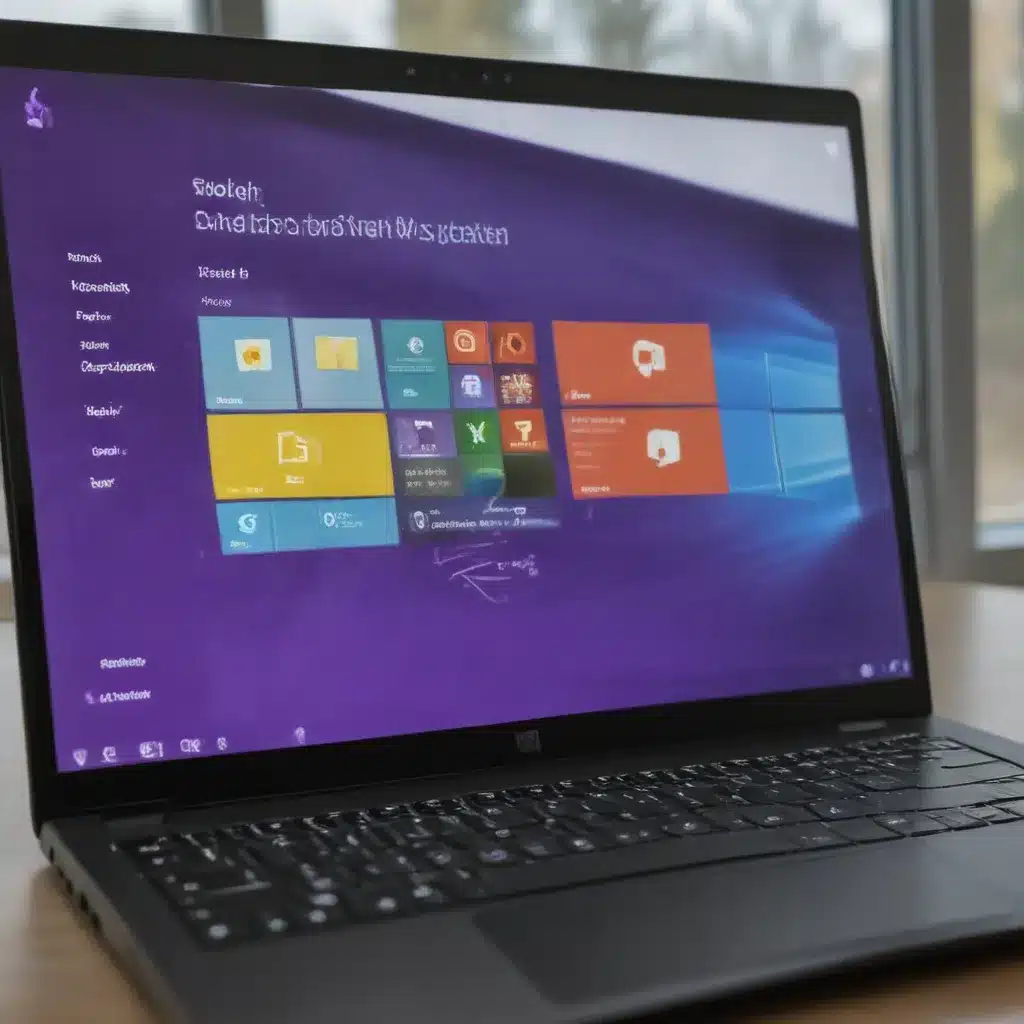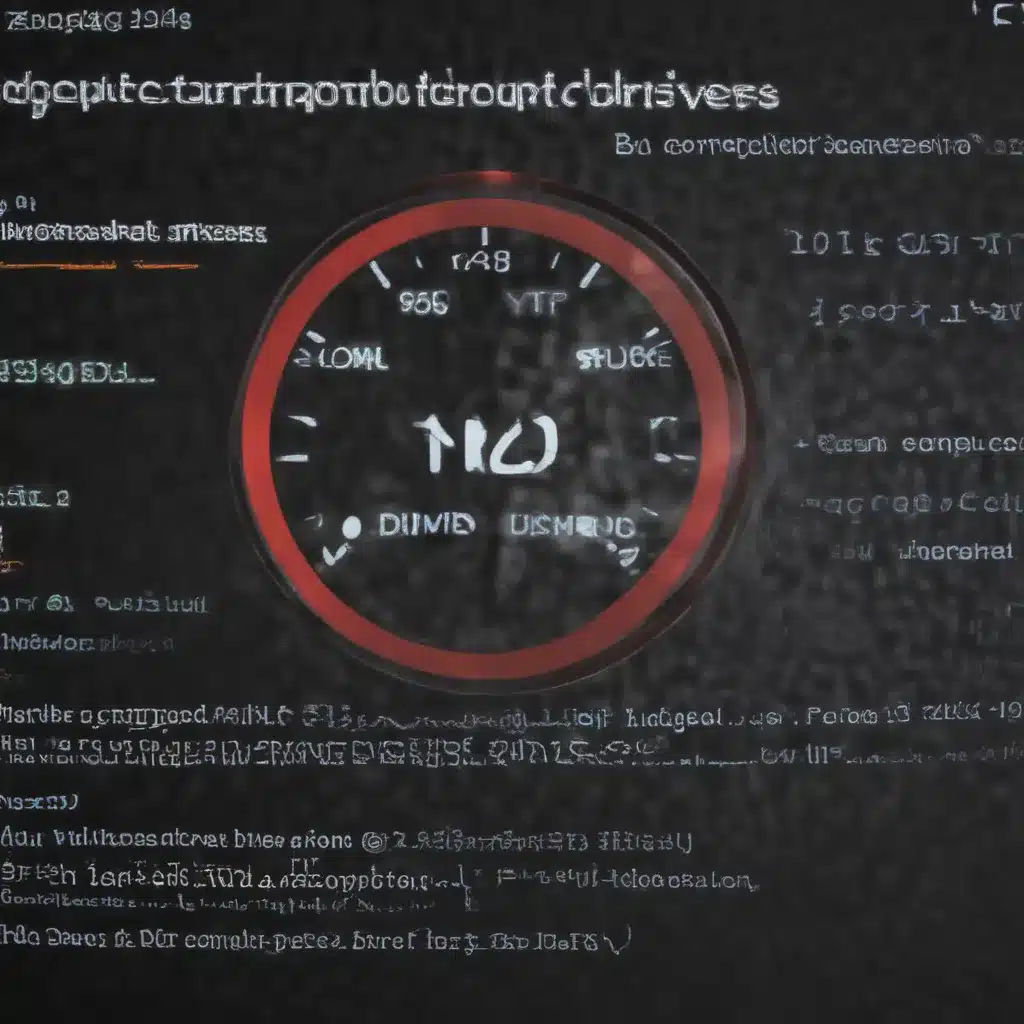Introduction
Social media has become an integral part of politics in recent years. Platforms like Facebook, Twitter and YouTube provide politicians with direct access to voters, enabling them to shape narratives, mobilize supporters and raise funds. Heading into 2024, social media is poised to play an even bigger role in politics. In this article, I will analyze the impact social media has already had on politics, discuss how its role is evolving, and predict how it may shape key aspects of the 2024 election.
The Rise of Social Media in Politics
Social media first emerged as a significant force in politics during Barack Obama’s 2008 presidential campaign. Obama’s team leveraged platforms like Facebook to connect directly with supporters, raise grassroots donations and mobilize volunteers. This allowed Obama to run a modern, tech-savvy campaign that helped propel him to victory.
Since 2008, social media has become increasingly central to political campaigns and governance. Politicians now use sites like Twitter and Facebook to announce policies, attack opponents, mobilize supporters and shape narratives.
Key impacts social media has already had on politics include:
- Allowing politicians to communicate directly with citizens – Bypassing traditional media gatekeepers
- Shaping narratives – Politicians can quickly assert framings of issues that spread virally
- Raising campaign funds – Social platforms enable grassroots fundraising from small donors
- Mobilizing volunteers – Sites like Facebook make it easier to organize and activate supporters
Additionally, social media provides politicians with detailed data on voters, helping them micro-target messages. Overall, social media has made politics more direct, vocal and interactive.
The Evolving Role of Social Media
While social media has already influenced politics in significant ways, its role continues to evolve. Key trends shaping social media’s emerging impacts include:
-
Hyper-targeted messaging – Advanced data analytics allow campaigns to micro-target narrow demographics with tailored messaging. They can also use digital platforms like YouTube to distribute those targeted messages.
-
Private messaging – Private communications platforms like WhatsApp are becoming important campaign tools. They enable campaigns to privately interact with supporters and volunteers.
-
Deepfakes and misinformation – Advanced AI tools can generate convincing fake photos, videos and audio of candidates. This technology could allow new kinds of misinformation campaigns via social platforms.
-
Algorithmic shaping – Platforms like Facebook increasingly shape what political messages users see through proprietary algorithms optimized for engagement. This gives the platforms growing power to influence voters.
Predictions: Social Media’s Impact on the 2024 Election
Looking ahead to the 2024 U.S. presidential election, social media will likely shape several key aspects of the race:
Fundraising
- I expect campaigns will raise record amounts of money through small, social media-driven donations. Micro-targeted appeals allow campaigns to tap into hyper-engaged supporters on platforms like Facebook.
Voter Targeting
- Sophisticated data analytics will enable campaigns to target specific demographics via social media with unprecedented precision. Everything from policy messaging to ad creative will be customized.
Misinformation
- Misinformation and disinformation will remain major issues. Deepfake technology could allow wholly falsified videos of candidates to spread. Meanwhile, bots and sock puppet accounts will push slanted narratives. Branding something “misinformation” could even become a tactic to discredit opponents.
Mobilizing and Organizing
- Private messaging platforms like WhatsApp and Nextdoor will increasingly be used to recruit volunteers, organize events and get out the vote among core supporters. Hyper-local organizing will become more targeted.
Narrative Shaping
- Major efforts will be made to shape media narratives and drive mainstream coverage via social media. Narratives will be hyper-targeted with automation helping customize messaging. Trending hashtags will aim to set agendas.
Conclusion
Social media has already fundamentally changed politics by making communication direct, personalized and targeted. Heading into the 2024 election, platforms like Facebook and WhatsApp will enable campaigns to micro-target voters and shape narratives with even greater precision. This could further divide the electorate as voters consume highly customized information. However, social media also provides tools for campaigns to mobilize and tap into grassroots enthusiasm. While challenges like misinformation remain, social media overall looks poised to play a transformative role in the 2024 race.













